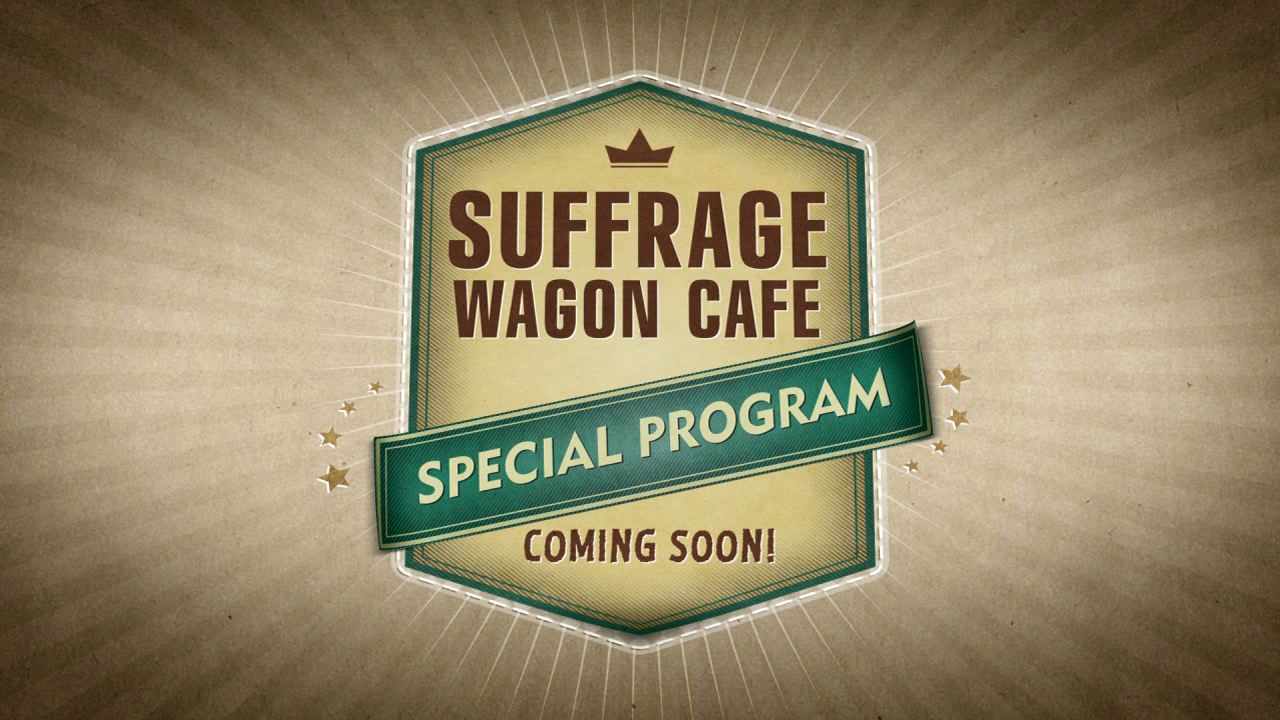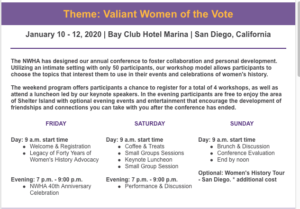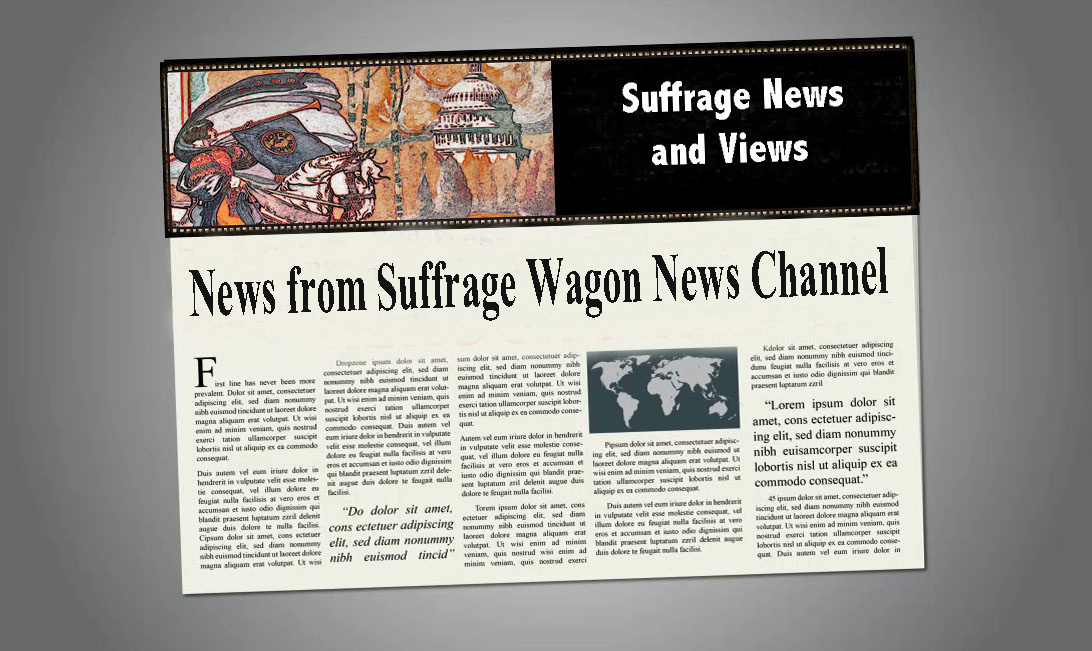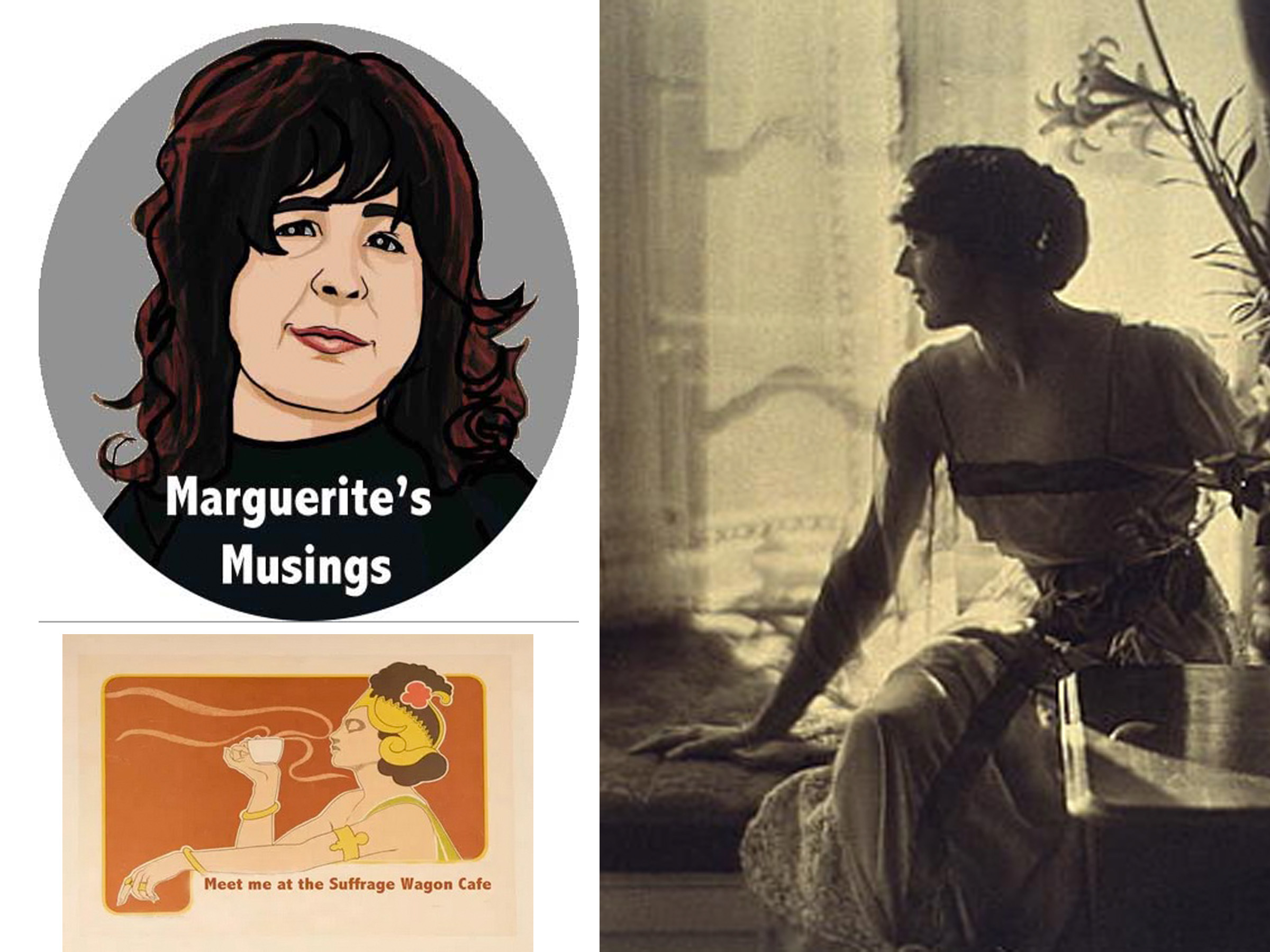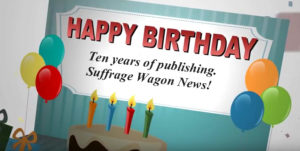 The International Council of Museums has traditionally has defined the museum as “a nonprofit institution” that “acquires, conserves, researches, communicates, and exhibits the tangible and intangible heritage of humanity and its environment for the purposes of education, study, and enjoyment.”
The International Council of Museums has traditionally has defined the museum as “a nonprofit institution” that “acquires, conserves, researches, communicates, and exhibits the tangible and intangible heritage of humanity and its environment for the purposes of education, study, and enjoyment.”
Museum advocates and Museum Council members are considering an updated version of the definition to incorporate “human dignity and social justice” references that have split the consortium’s 40,000 professionals representing 20,000 museums across ideological lines.
Jette Sandahl, the Danish curator and head of the ICOM’s commission on the proposed definition, suggests that the current one “does not speak the language of the 21st century” by ignoring demands of “cultural democracy.”
Museums are facing decreases in private, as well as public funding. This has led to an examination worldwide of past museum practices and new ways of engaging the public in programming and outreach. The topic of museums’ survival in the 21st century occupied the attention of over four thousand delegates from around the world in Kyoto, Japan recently. Numerous items were under discussion, including the protection of cultural resources from disasters; and the definition of a museum as compared to institutions devoted to entertainment and special interests. The extent to which museums should conduct historical and archeological research was a subject of debate, as well as the proper care of artifacts, the extent of community input, and more.
NEWS FROM THE NATIONAL WOMEN’S HISTORY ALLIANCE:
The National Women’s History Alliance has announced its January 10-12, 2020 conference in San Diego, California—”Valiant Women of the Vote.” Contact the NWHA web site for more information.
Our hero will go to great lengths to see suffrage wagon! on Vimeo.
